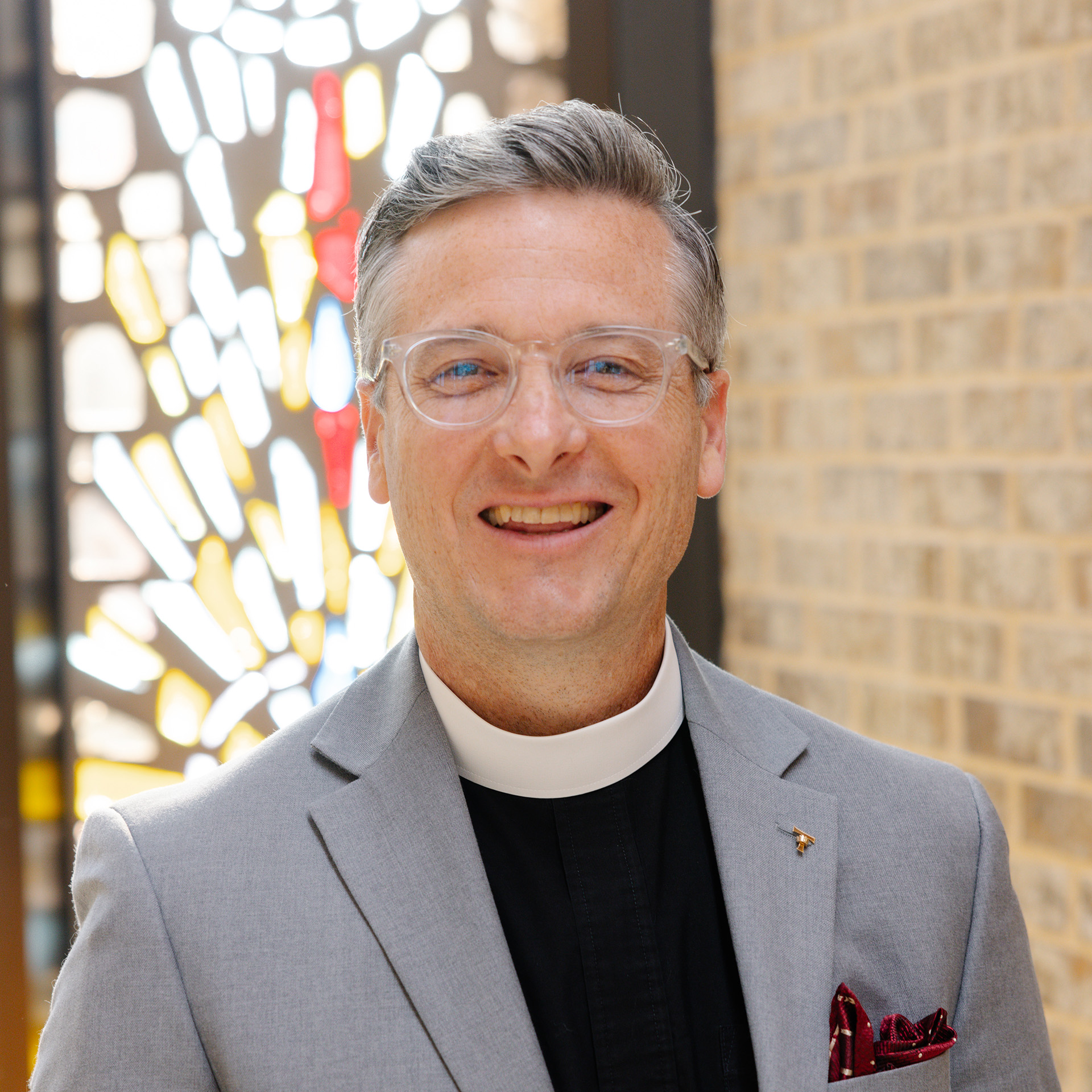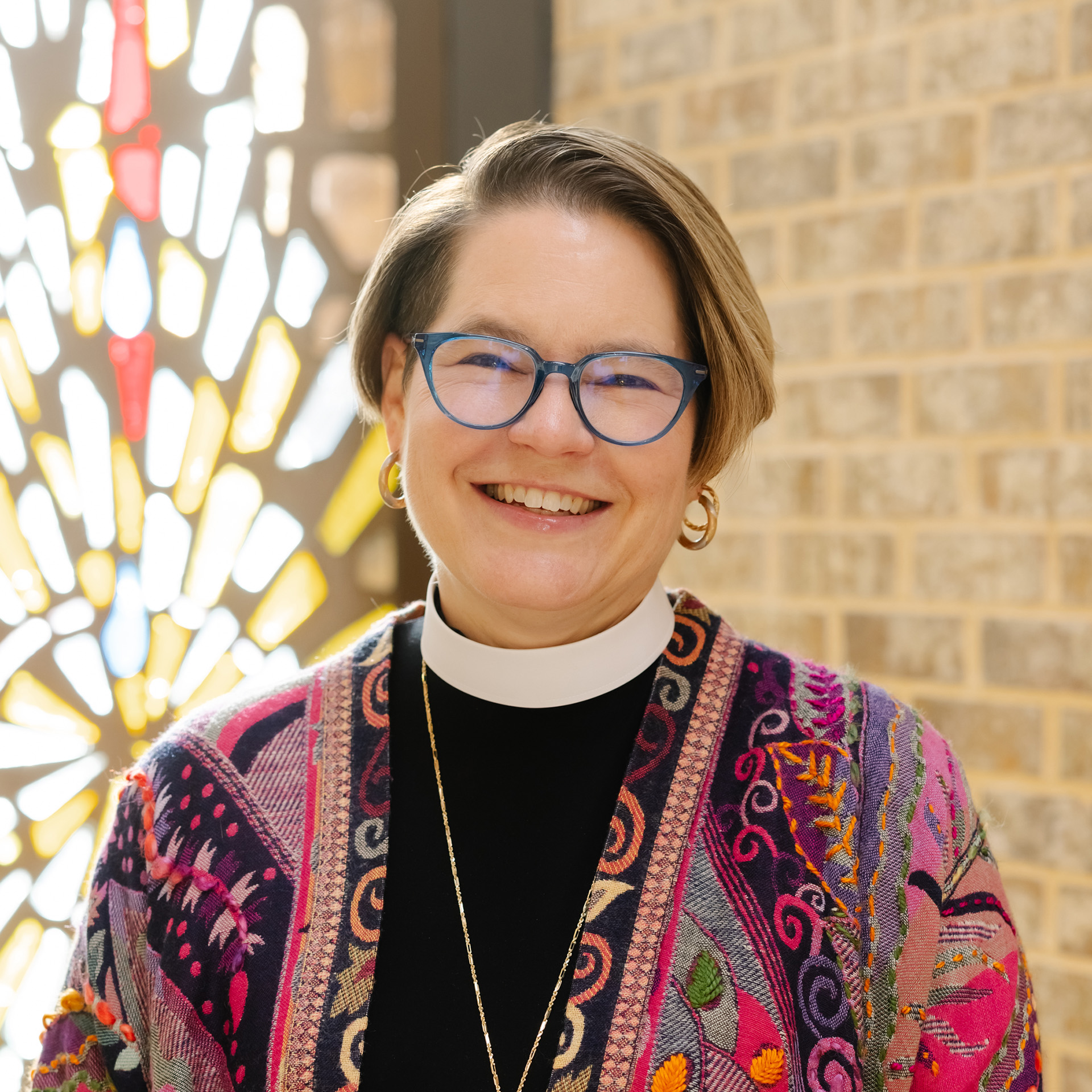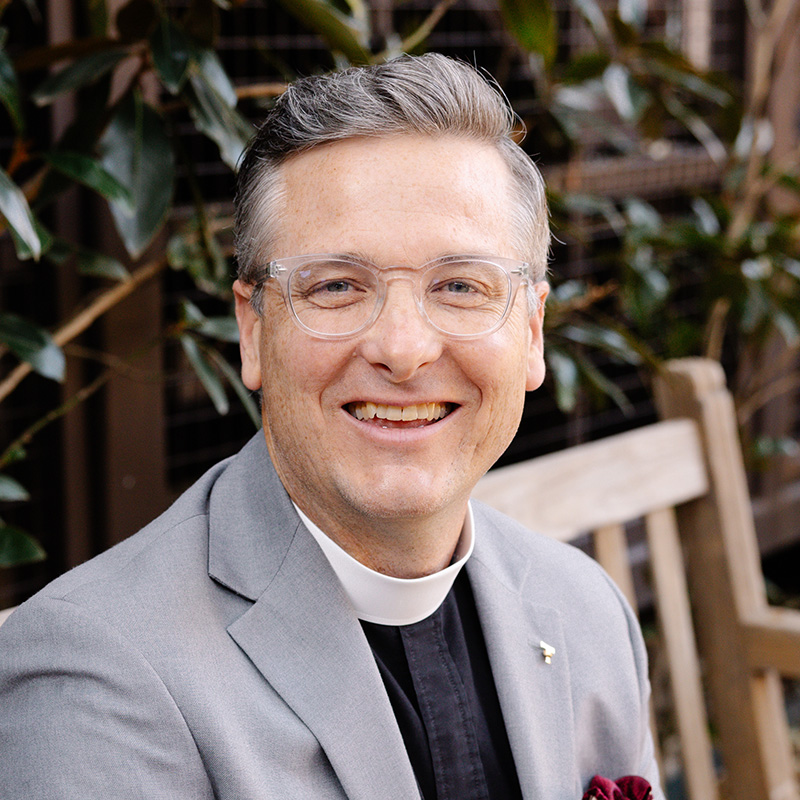
By Father Casey
Jesus said some provocative things in his life, enough to cause some people to want him dead. But this weekend it may be us who are shocked and offended by what he says, because we're going to hear him tell us to hate. "Whoever comes to me and does not hate father and mother, wife and children, brothers and sisters, yes, and even life itself, cannot be my disciple." I really don't like hearing Jesus use that word.
We live in a society with too much hate. The Southern Poverty Law Center tracks the number and activity of hate groups and they have been proliferating in recent years.[1] Hate speech is rampant online and hate-based attacks on Jews, LGBT persons, and immigrants are increasing. Yes, there is far too much hate out there, so hearing Jesus use that word makes me wince.
But when Jesus uses the word hate, to adapt those immortal words from Inigo Montoya in The Princess Bride, "I do not think he means what we think he means." He's not telling us to hate in the manner of hate groups. He's using exaggerated language to teach about what we choose to put first in our lives. He wants to be clear that following him means putting the virtues and vision of the Kingdom of God ahead of everything else, whether it's our job, our wealth, our leisure, and yes, even our families.
But how can prioritizing our family be a bad thing? Isn't one of the Ten Commandments to honor our mother and father? Shouldn't parents love their kids and married people prioritize their spouses? Of course! But there's a difference between love and obsession. Love grows the heart, while obsession closes it off. Love is limitless, while obsession is zero-sum. That's when we get into dangerous territory as disciples, when our love becomes a scarce commodity that we reserve only for a selected few, for while we may think we're loving them well, our hearts are actually withering within us.
C.S. Lewis has a poignant example of this in his allegory of the afterlife, The Great Divorce. In Lewis' imagining, there is no firm boundary between heaven and hell; instead there is a bus to take you from hell to heaven anytime you want. You would think that hell would be empty, but it's not. In the story, Lewis describes many different people who, for various reasons, refuse to take the bus and enter heaven. One of the most heartbreaking is a mother who refuses to go to heaven unless the one who escorts her there is her son. She is promised that she will see him, but she remains obstinate. Her love had become obsessive, greedy, brittle, and it kept her from accepting the far greater love of God.
It is possible to hold onto the things of our lives – even good things like our families – so tightly that we are not free to hold onto God. That's what Jesus is talking about when he uses the word "hate." Sometimes we can grasp that which we love so hard that we don't have the ability to receive the even greater love of heaven.
I wonder what you're holding on to these days? I wonder who and what you love most? Is that love helping connect you to Christ – his way, his truth, and his life? Is that love helping your heart grow, or is it actually closing you off from loving others? I'm not sure about hating anything, but if it isn't leading us more deeply into the love of God, we should probably let it go.
Father Casey+
————————-
[1] https://www.splcenter.org/hate-map/
Previous Articles
November 13, 2025
November 6, 2025
October 24, 2025
October 17, 2025
October 10, 2025




